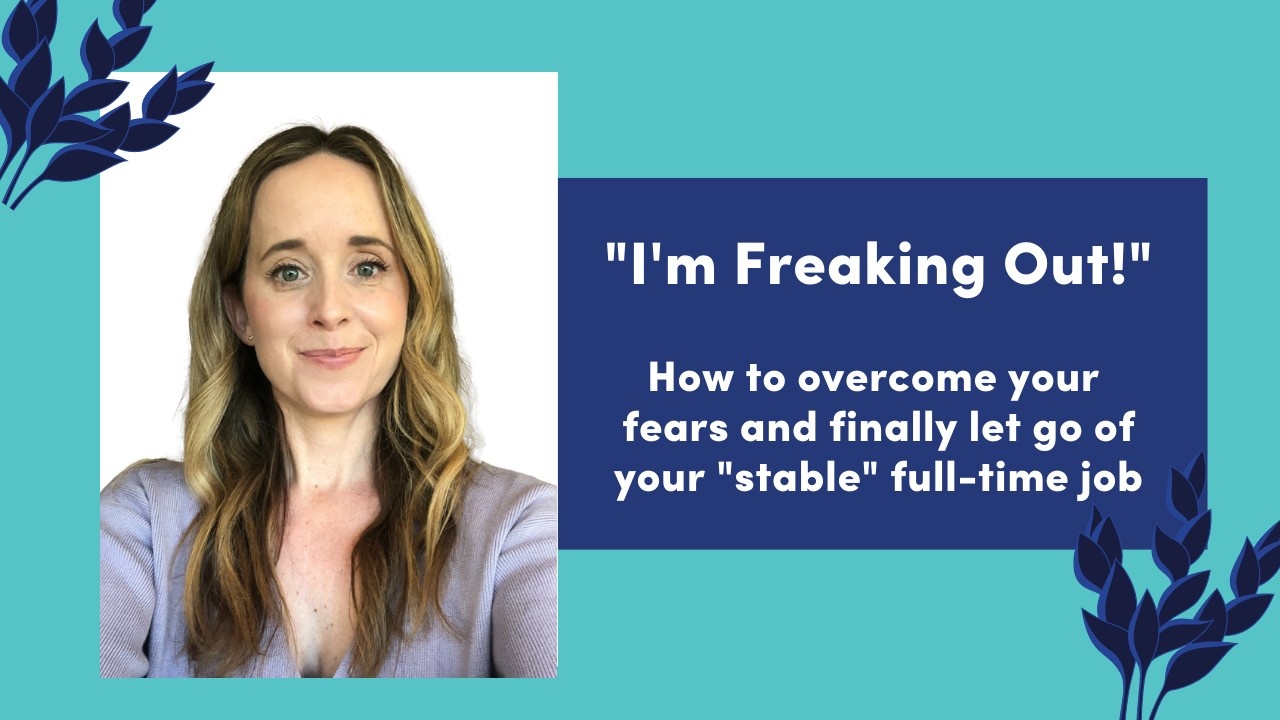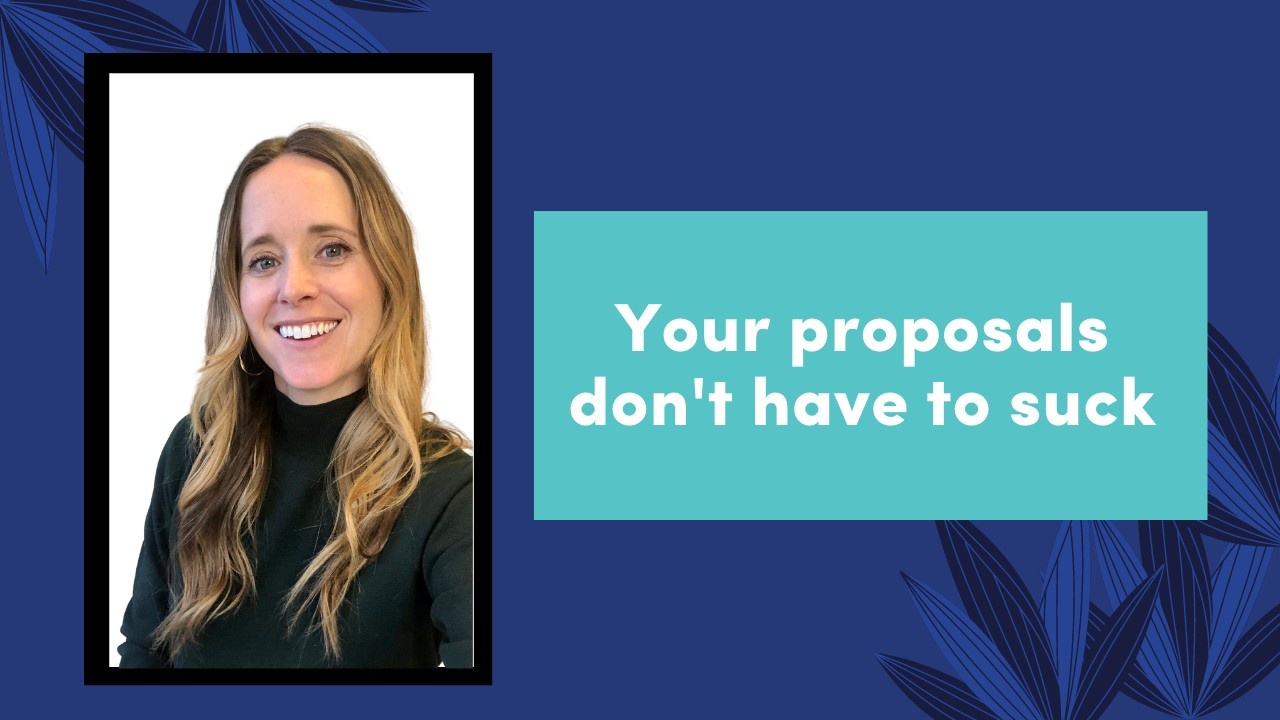The Wright Company Blog
Amanda's musings on entrepreneurship, money mindset, and being a woman in management consulting.
Let's avoid challenges with the CRA/IRS, shall we?

If you're new to independent consulting or still in the planning stage of launching your business, you might not yet be aware of how important it is to establish your employment status in the eyes of tax authorities.
In both Canada and the United States (and likely other countries), there can be significant tax consequences if the CRA / IRS determine that your relationship with a client is more like that of employer/employee.
So what can you do to ensure you are considered a self-employed independent consultant? A quick summary of considerations is presented below. Please note this is not legal advice; please consult with your lawyer and/or accountant to get advice on your particular circumstances.
1. Degree of Control
Self-employed individuals have the ability to work independently, direct their own work, and choose when and for whom they work. Consider working for at least two different clients in any given fiscal year to avoid the impression that you are operating li...
This decision isn't permanent

If you're reading this blog, it's likely because you're interested in (someday) going independent and starting your own consulting business.
The decision to leave the security of your job to pursue entrepreneurship is definitely not an easy one to make for many people. You may have fears about sales, replacing your income, loneliness, or planning your own retirement. You might be making lists of pros/cons, talking it over endlessly with partners and family, and going back & forth with yourself about whether or not you're ready.
I thought I'd offer you a piece of advice that I originally shared with a good friend who was weighing various career options and trying to make a decision about whether to leave government to pursue consulting, which was...
"This decision isn't permanent".
Essentially, I was asking him to consider that this wasn't the last time he would be evaluating and reconsidering his career path. He would very likely have the opportunity to change his mind...
How to overcome your fears and finally let go of your "stable" job

I recently shared a success story on social media about one of my coaching clients who officially gave notice to her employer and launched her own consulting business.
I told the story of how E. joined my coaching program in November to learn how to leverage her skills and experience to launch her own consulting business. She was tired of working for someone else and ready to earn significantly more while working fewer hours.
After completing the coaching program, she established the foundation of her business, started taking on consulting clients on the side, and officially gave her notice to her boss on Friday! This was a huge win, and we celebrated with champagne over zoom.
What I didn't share on social media was E.'s self-professed "freak out" on Thursday night. She sent me a panicked email full of fearful questions along the lines of "Am I ready?" and "What if I fail?". She was concerned because she only had 3 months of client work booked and was worried about wheth...
Your proposals don't have to suck

As a follow-up to last week's blog post about methods independent consultants can use to find contracts, I thought I'd share some guidance on writing proposals in response to formal procurement processes, such as RFPs and RFQs.
I have written a LOT of proposals over the years - everything ranging from a two-pager for a small $10k contract up to 100+ page proposals for multi-million dollar & multi-year system implementation projects when I worked at Deloitte. I've also helped my clients with their procurement processes, and as a result I have read and evaluated many proposals from other consultants.
I've seen it all - the good, the mediocre, and the truly terrible. But with a little help and practice, YOUR proposals don't have to suck.
Here are my top 5 proposal-writing tips based on my own experience.
1. Start with a clear understanding of the client and their needs.
Carefully read and re-read the RFP or RFQ, and spend some time reviewing the client's website, strategy document...
How do you find contracts as an independent consultant?

Have you ever wondered how independent consultants find contracts? People ask me about this a lot, probably because it's super common to have a fear of "selling" and a feeling of uncertainty when it comes to finding clients on your own.
Thankfully, there are multiple ways to attract clients and get contracts signed without having to behave in a way that's out of alignment with your values or that feels uncomfortable. For real - none of these methods involve cold calling or sending spammy pitches on LinkedIn. Here are a few of my favorite approaches:
1. Leverage Your Network
I've had the most success getting new work (least effort on business development, highest revenue) through building and maintaining authentic relationships with people I already know. Try making a list of all your past classmates, colleagues, bosses, clients, and friends, and think through who might be in a position to hire you for consulting services.
2. Get on a Pre-Qualified List
If you do public sector wor...
How Do You Know It's Time to Go?

During a recent group coaching call with the current group of aspiring consulting business owners in Take the Leap, we engaged in a lively discussion around how best to plan an exit from a full-time job.
Everyone had stories to share about their own current job situation, and everyone expressed a desire to exit on good terms with all of their important relationships intact.
It's a great idea to be very thoughtful and methodical in planning your exit, to act with integrity at all times, and to leave in such a way that leaves the door open to either return in the future or to provide consulting services back to your former employer.
If you're in 'planning mode' for your consulting business and putting your foundation in place, you should also be planning your exit. Here are some ideas to get you started.
Timing
Deciding 'when' to leave can be a complex and personal decision to make. When I left Deloitte, I gave my notice almost impulsively and didn't put a ton of thought or planning...

